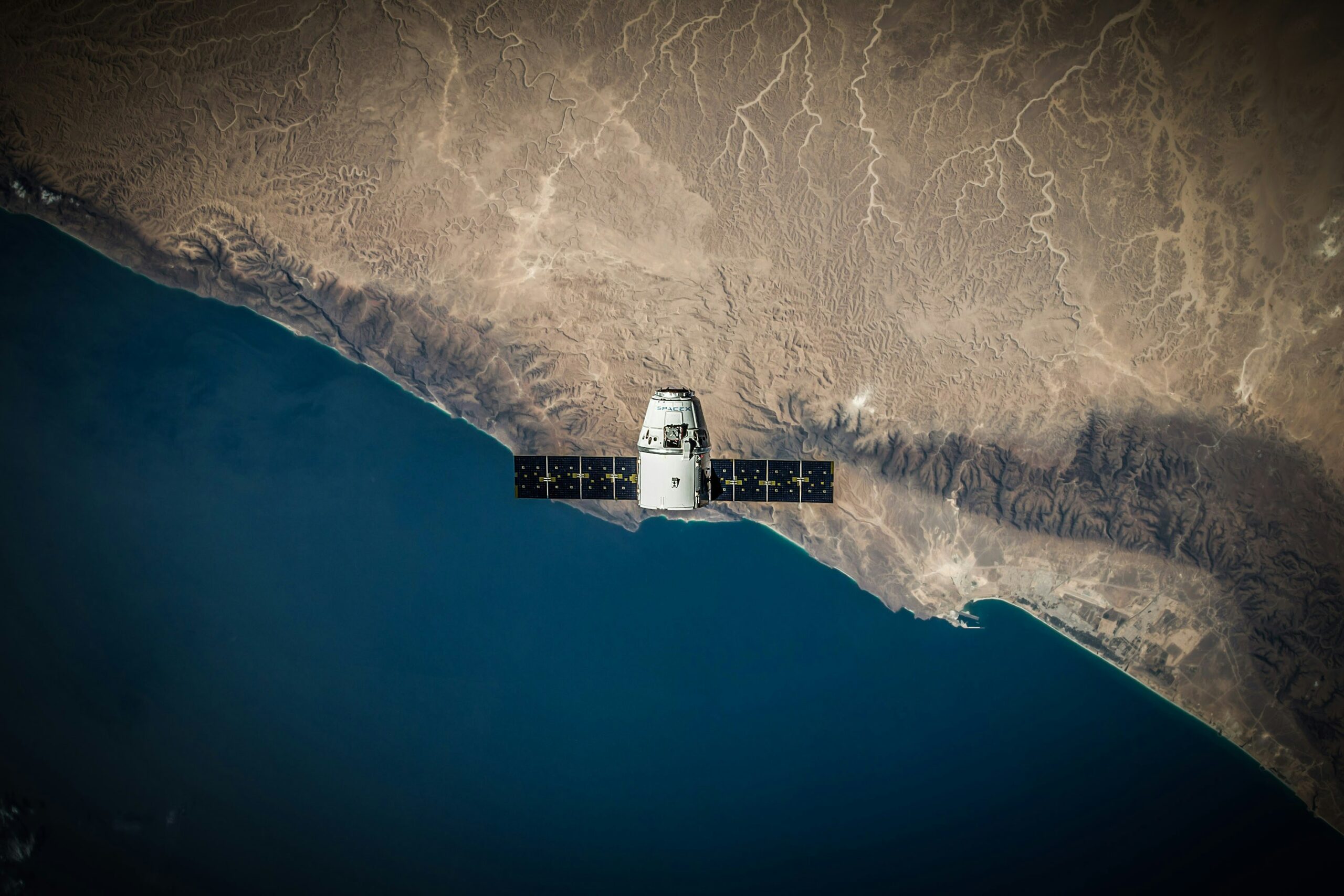
Amazon’s Project Kuiper to provide satellite internet to Kazakhstan
Amazon’s Project Kuiper has signed an agreement with the Kazakh state-owned telecommunications company, JSC Kazakhtelecom, to provide satellite internet services across the Central Asian nation. The partnership aims to significantly expand high-speed broadband access, particularly in Kazakhstan’s vast and sparsely populated rural areas.
The deal, which was formalised during a visit by Kazakh President Kassym-Jomart Tokayev to New York, will see Amazon invest approximately $200 million to build ground infrastructure in several key locations, including Almaty, Akkol, and Aktau. This ground-based network will connect to Amazon’s growing constellation of low-Earth orbit (LEO) satellites, currently being deployed into space. The service is expected to be introduced in Kazakhstan in 2027.
The initiative aligns with the Kazakh government’s strategic goal of developing its digital infrastructure and ensuring equal access to telecommunications services for all regions. The country has been actively seeking to close its digital divide, and the introduction of satellite internet is seen as a crucial step.
The new agreement will see Amazon compete with SpaceX’s Starlink, which already has a presence in the country. In August, Starlink officially launched its service in Kazakhstan, following a pilot programme that connected hundreds of rural schools. The competition is expected to drive down costs and improve service quality for consumers.
Kazakhstan’s vast geography and challenging terrain have long made it difficult and expensive to deploy traditional fiber-optic and mobile internet networks. Satellite technology, with its ability to provide connectivity from space to almost any location on Earth, offers a promising solution to these challenges. This partnership marks a significant milestone in Kazakhstan’s digital transformation journey and highlights the growing importance of commercial space ventures in bridging the global digital divide.
